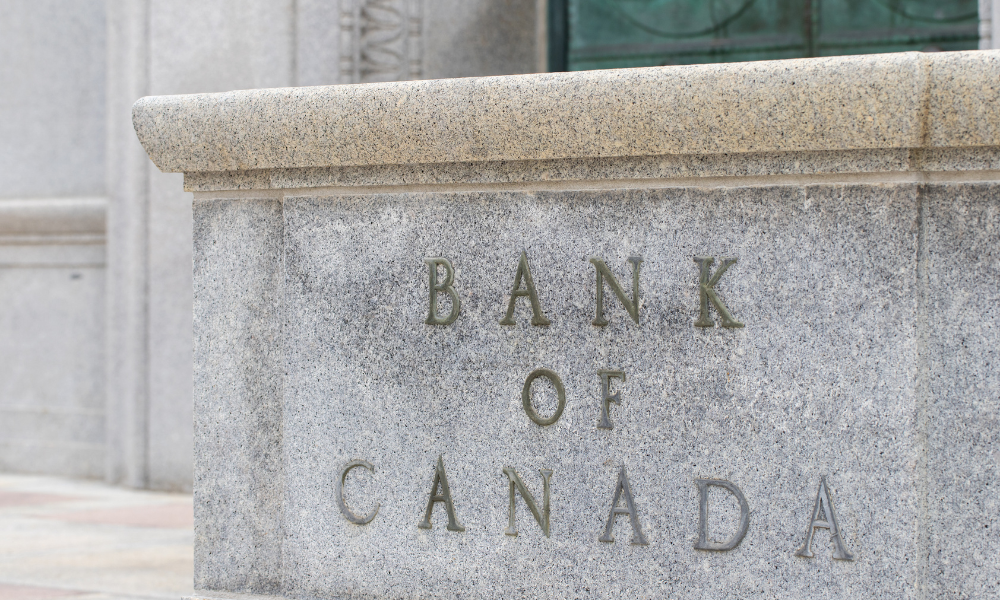Leading advisor weighs in on central bank decision to hold rates steady, and how to prepare for a possible recession

The Bank of Canada’s (BoC) decision to hold interest rates steady means we’re unlikely to see any easing in monetary policy until we see real deterioration in employment numbers, according to one leading analyst.
Sean Coakley, national account manager and market analyst at Cambridge Global Payments, doesn’t think the central bank is going to make life any easier for financial advisors or real estate investors. He sees BoC governor Steven Poloz’s decision as a prudent reflection of the Canadian economy, one that takes into account high levels of household debt in Canada, and the likelihood of a looming recession.
“They're probably not going to see a rate cut from the Bank of Canada until we see a real material deterioration in the Canadian economy, specifically with respect to employment,” Coakley told WP. “We'll have to see an increase in unemployment before they start to act, because their real concern is household debt.”
A cut would bring Canada closer to interest rates in other developed economies. Coakley agrees with the assessment from Poloz and senior deputy governor Carolyn Wilkins, though, that a cut would worsen Canada’s ongoing household debt problem.
If a recession is coming, Coakley thinks we’ll see it materialize in Q1 or Q2 of 2020, off the back of employment and consumer confidence numbers in the US. If that happens, he thinks that Poloz’s decision will have proved wise, giving the central bank leeway to ease things for markets when the rubber really hits the road.
Coakley thinks that advisors should follow the BoC’s "wait-and-see’ approach and find safe harbours for preserving capital. He’s not as risk averse as he was when the US Federal reserve cut rates at the end of October, though. He thinks if the recession doesn’t come in the first half of the new year, it won’t come at all and investors should move back into more risk-weighted assets.
“We haven't even seen the impact of what the interest rate cuts in the United States are gonna be for the real economy yet. That information won't flow in for anywhere from nine to 18 months. Then we’ll see what the implications are for the for the actual economy of the United States.” Coakley said. “We need to look at unemployment claims and consumer sentiment because those aren't going to be the ways that a slowdown will be mediated to the broader economy.”
If a recession does hit, Coakley thinks that the country’s strong social safety net, immigration numbers, and well-trained workforce will allow us to better weather the storm than our neighbours to the south.
Until we see a real indication of a downward trend, Coakley thinks the message Canada’s central bank just sent to everyone reading between the lines is: "you’ll be getting no help from us for now".
“If you're an advisor and you're looking for a tailwind from the Bank of Canada, it's unlikely to be forthcoming and if you're involved in the real estate market, and you're looking for a tailwind from the Bank of Canada, that’s also unlikely to be forthcoming until we see a material deterioration in the Canadian economy.”



